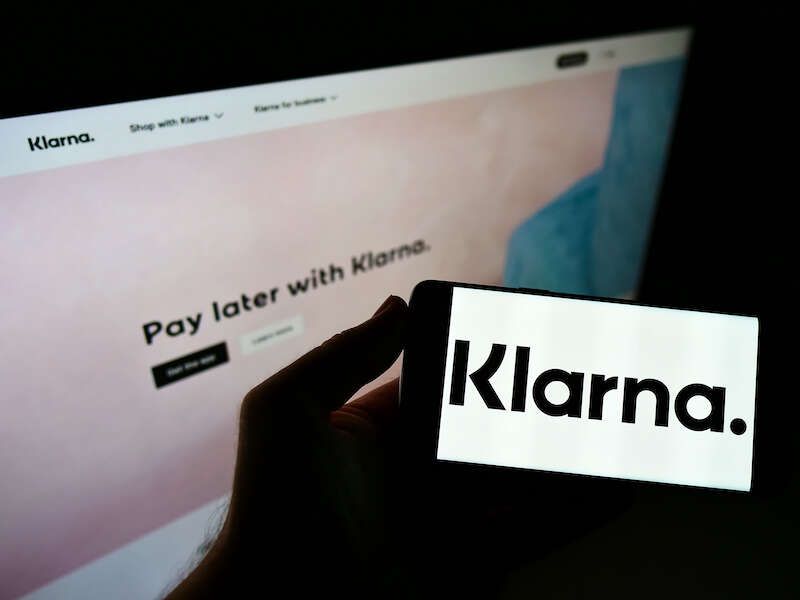26
August 2021
Klarna Continues Rapid Expansion but Losses and Customer Defaults Mount
Buy now, pay later (BNPL) startup Klarna continues to attract more customers at online checkouts with payment plans it says are fairer and more accessible than credit cards. But defaults on these plans are growing, as is regulatory scrutiny on the services.
Klarna’s interim report for this year shows that it increased the volume of purchases it processed on behalf of retailers by two-thirds, to $20 billion, in the second quarter.
Growth was particularly strong in the US, where were up 311% in the first half of the year, driven by deals with popular retailers Nike, Macy’s and H&M. 20 million Americans are now using Klarna, up from 17 million in April of this year.
Chief executive and founder Sebastian Siemiatkowski said that customers around the world are “waking up” to the inequalities of credit cards as they “choose more sustainable forms of net credit that are transparent, fair and suit the way they live their lives today.”
“Credit cards drive economic inequalities,” he said. "Those who can afford to pay off their balances each month reap rewards through loyalty schemes while those who can’t afford to simply get into more debt.”
But for politicians and consumer advocates, the real difference between credit cards and BNPL schemes is that Klarna’s offerings are largely unregulated in many markets. In the UK that means that, unlike credit card providers, they don’t have to conduct affordability checks for borrowers or treat them fairly when they struggle to make repayments.
That lack of oversight means that BNPL schemes could be “the next Wonga waiting to happen,” a group of more than 70 MPs warned in January.
Alistair Cromwell, acting chief executive of Citizens Advice, has said BNPL borrowing can be “like quicksand—easy to unwittingly slip into and much more difficult to get out of.”
More and more borrowers are getting stuck in that quicksand, and their defaults are hitting Klarna’s bottom line.
The Swedish company said credit losses more than doubled in the second quarter, taking its operating losses from SKr89m ($10m) a year earlier to SKr965m ($111m).
Unlike many startups, Klarna was initially profitable—consistently coming out ahead during the first 14 years of its life—but has been lossmaking since 2019.
Klarna attributed the recent cloudier results to its rapid expansion, saying that credit losses often increase when it enters new markets. It launched recently in New Zealand, France and Spain and added Poland to that list last week.
While Klarna's credit losses are growing (up 55% across the first half), they’re still being outpaced by gross merchandise volumes (up 77% across the same period). And as with many startups, losses have done little to dampen investor enthusiasm. The company recently closed an investment round, led by SoftBank, that gave it a valuation of $46 billion.
Klarna is reportedly working toward a stock market listing, likely to happen in either the US or UK.
Siemiatkowski has suggested that the firm could be lured to London by a softer approach to regulation. The Treasury announced in February that BNPL schemes will fall under FCA regulation from later this year but no firm rules or date for their implementation have been announced.





